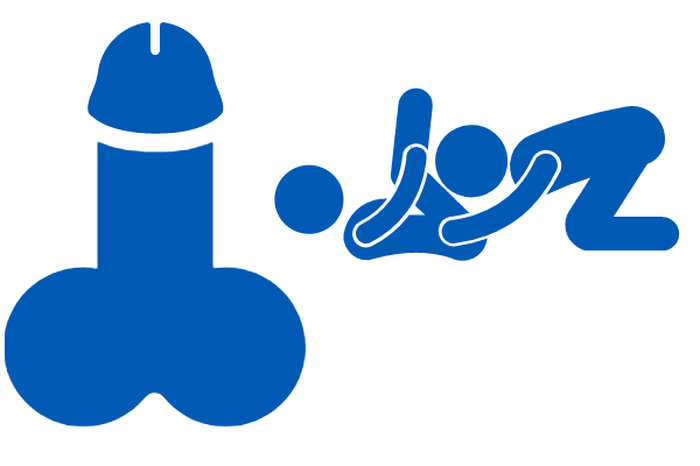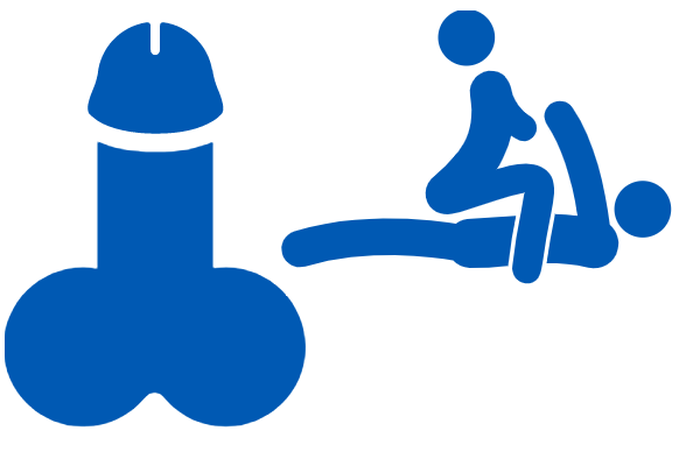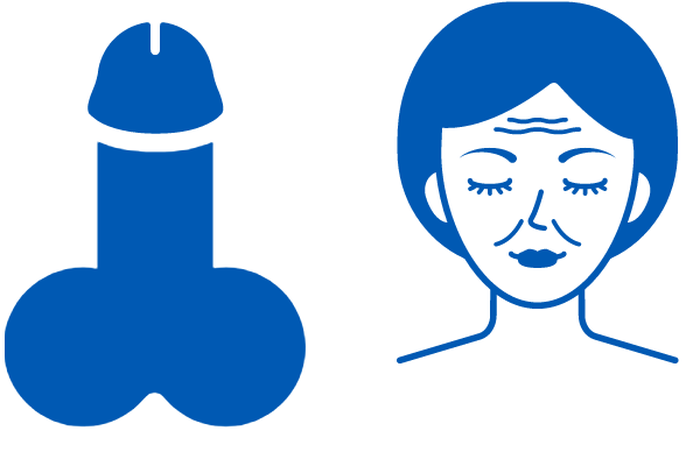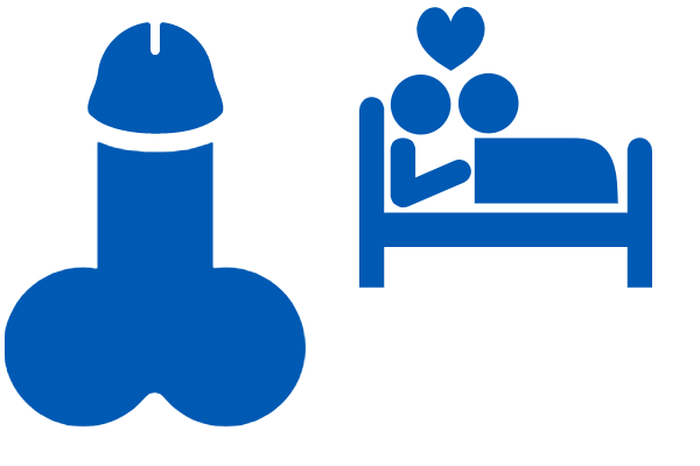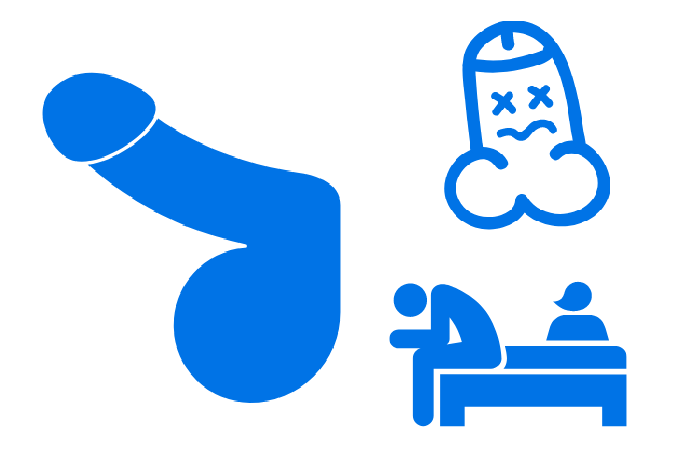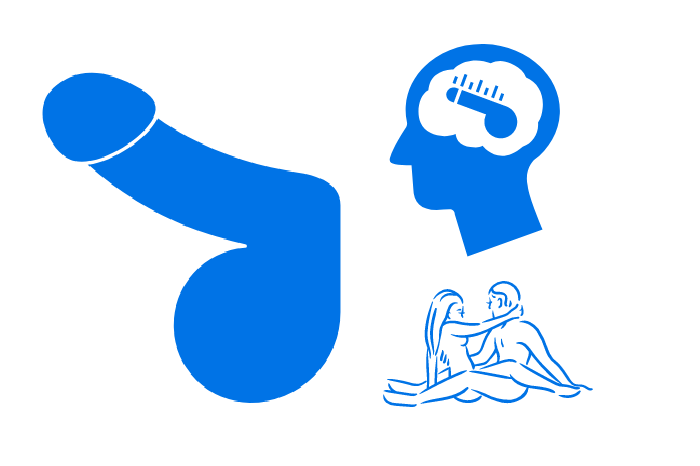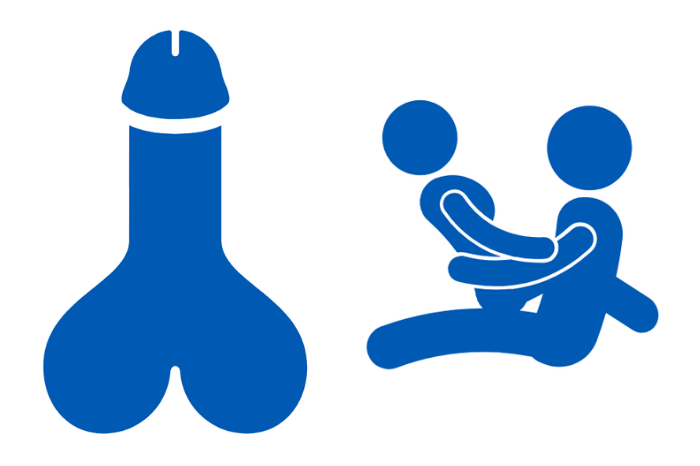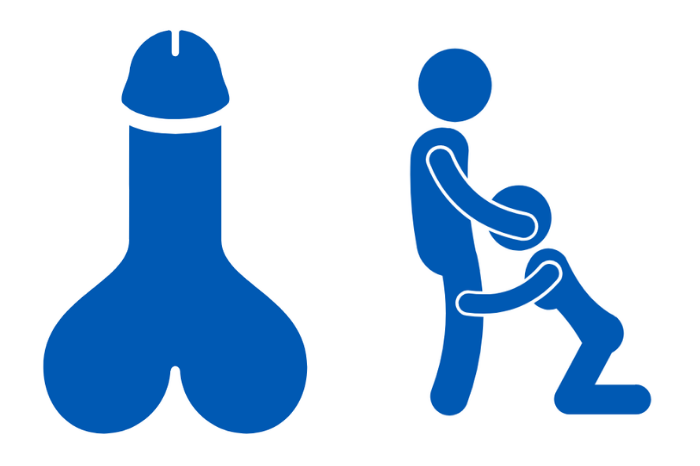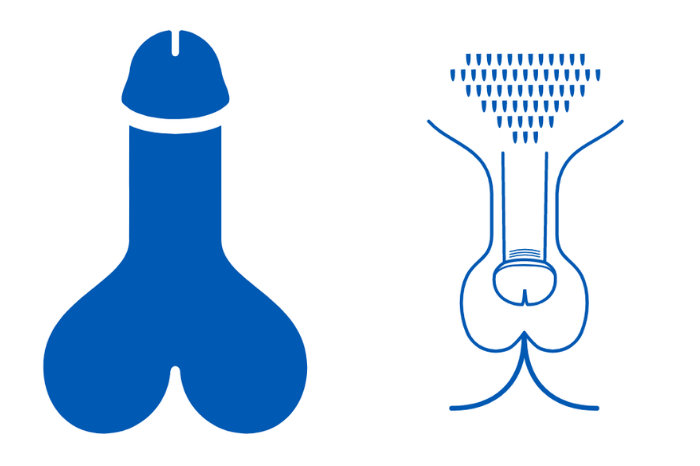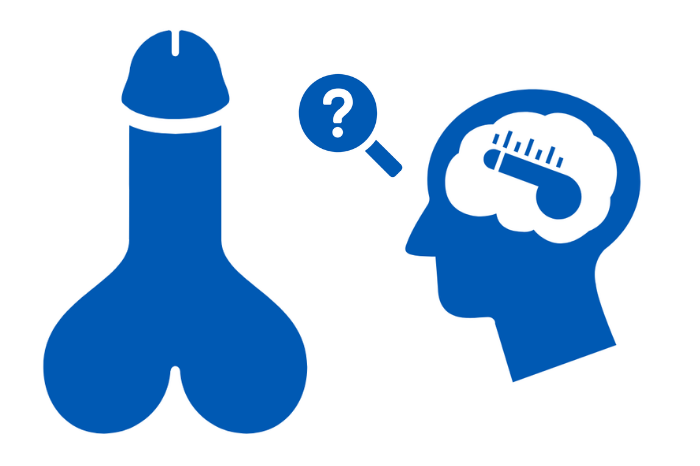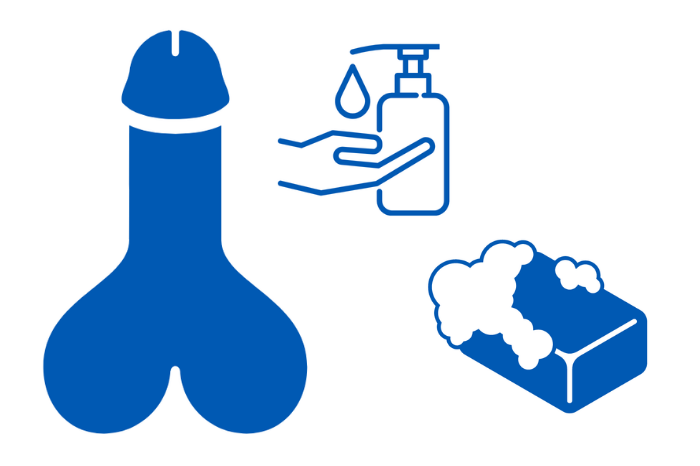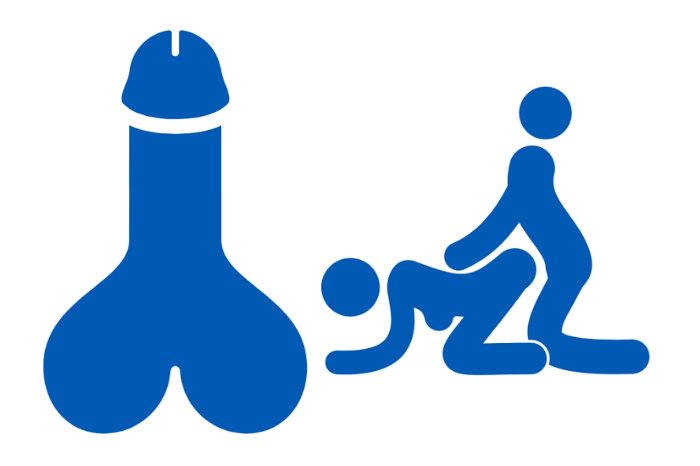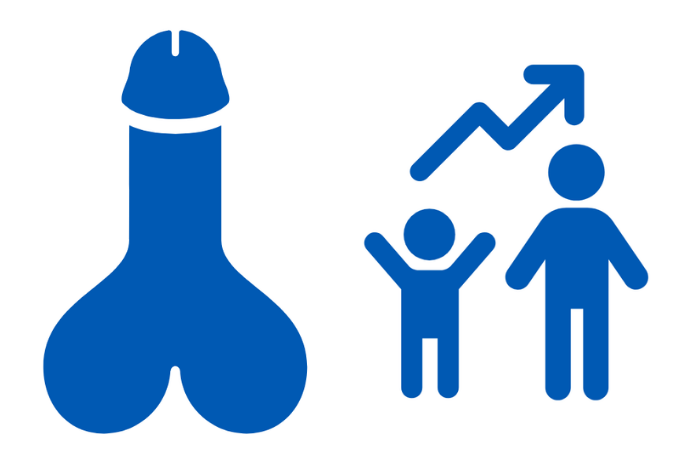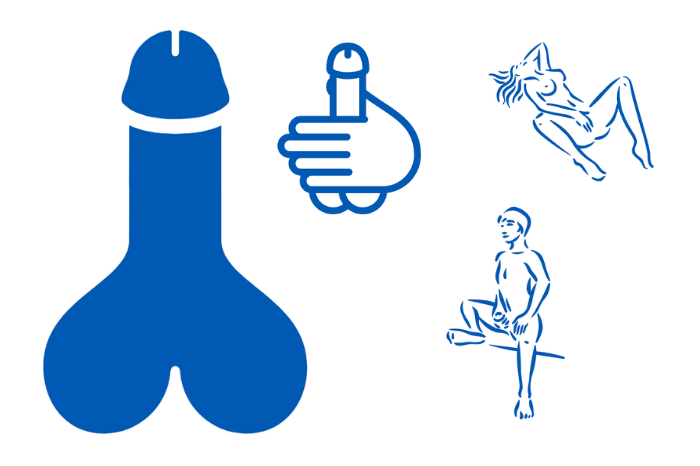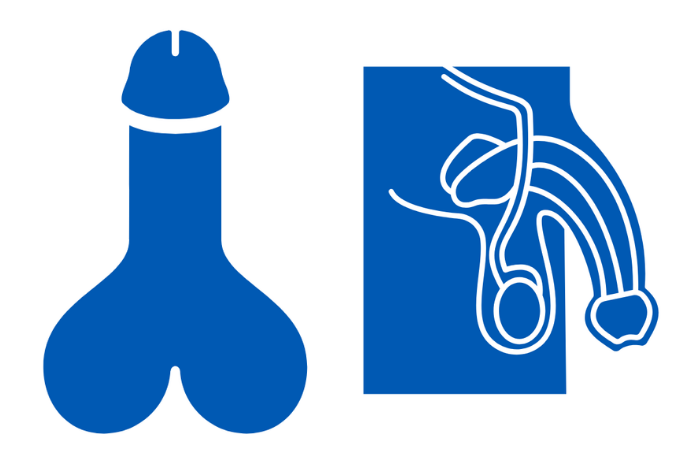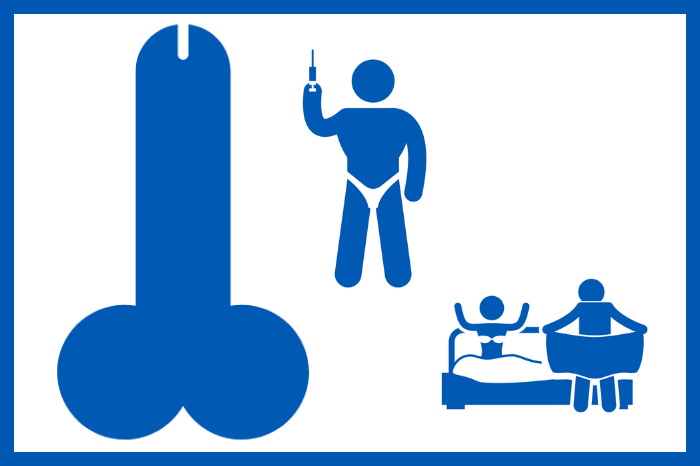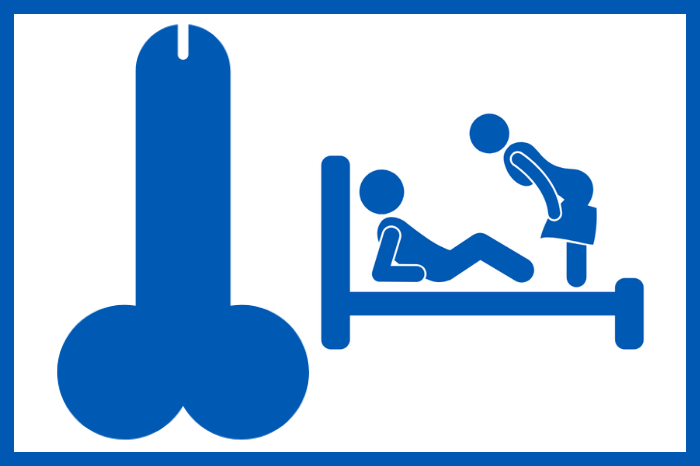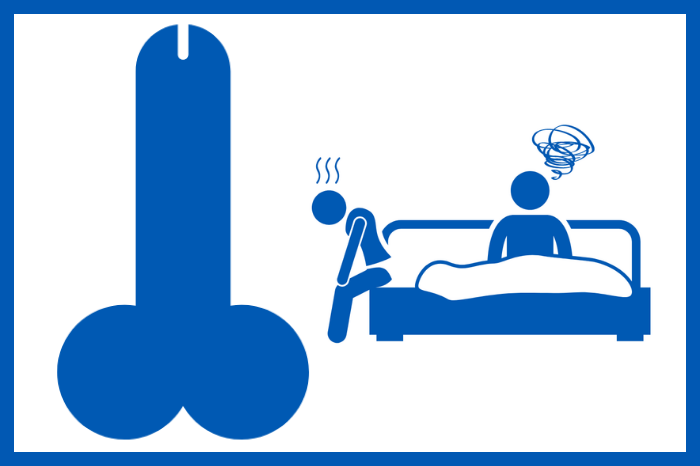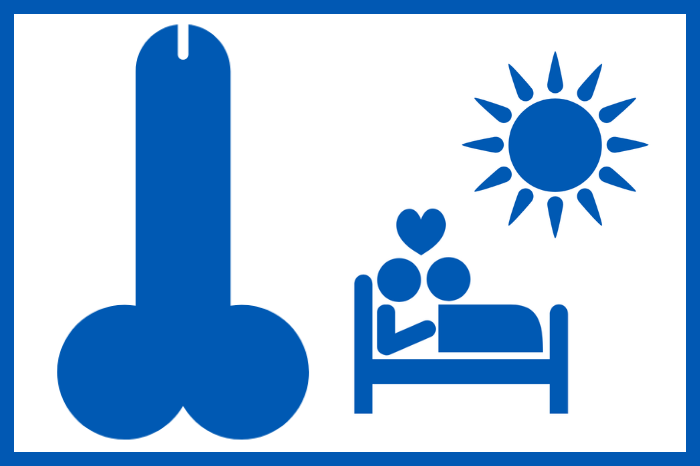Am I a person addicted to pornography? Learn how to identify this addiction
Pornography is the explicit display of sexual intercourse and genitals, with the aim of stimulating sexual excitement in those who view it. Before, pornography was consumed through magazines, such as the famous Playboy. Nowadays, with the internet being so easy to access, we have pornography in the palm of our hands at any time of the day.
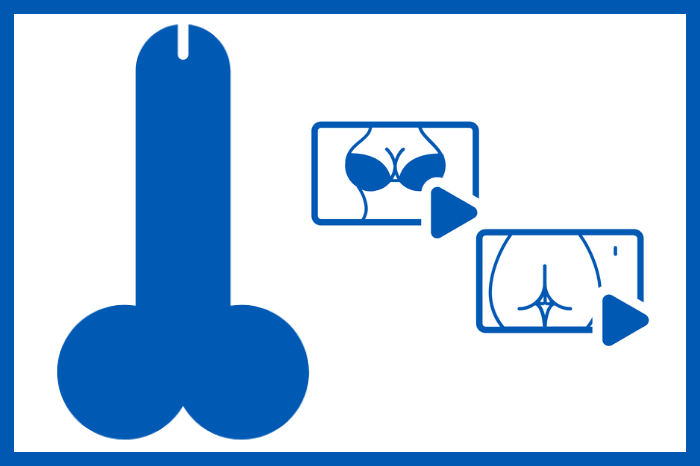
According to data from the Pornhub platform, Brazil is one of the countries that consumes the most adult content, occupying 11th place in the ranking. But with the pandemic, the search for pornography has grown dramatically around the world.
Watching porn films and videos is a form of entertainment and there is no harm in that. However, the problem lies in the excessive consumption of this type of content, becoming an addiction.
What is pornography addiction?
Pornography addiction makes a person emotionally dependent on it, to the point of interfering with their daily life, romantic relationships and even the man's ability to have sex erect penis for longer.
There is no way to measure whether a person watches pornography excessively, nor is there a standard for how many times it is considered normal. But, an addicted person is someone who increases the frequency with which they watch and, before they realize it, they are watching it several times a week, even for hours at a time every day. masturbation while watching porn is also common.
Over time, the person becomes insensitive to sex and needs increasingly intense stimulation to be sexually satisfied. Some experts point out that excessive pornography is associated with addiction to masturbation, which also ends up making men less sensitive to sexual relations with their partner.

According to science, the neurotransmitter dopamine is released in the brain in situations of pleasure, satisfaction and reward. When the receptors for this neurotransmitter are highly stimulated, over time they become less responsive, causing the brain to require more and more stimuli to achieve the sensation of reward in sex.
Although consultations with specialists have become increasingly frequent due to the compulsion towards sexual content, there is a difference of opinion among professionals. While some believe that pornography addiction is a type of sexual disorder, others argue that there is not enough data to categorize it as a health problem. Considering that a 2019 study suggests that the prevalence of this disorder may be around 3-6%, the lack of a formal classification made it difficult to actually determine the rate.
The fact is that porn films can even become a priority in some people's lives, leaving behind social interaction, important tasks and responsibilities. Enjoying watching pornography is normal. But if the result of this interest comes in the form of damage to the body and mind, there could be worrying side effects.
What are the causes of pornography addiction?
Due to differences of opinion among experts, researchers have not yet identified a clear cause for addiction. However, a 2015 study found that identifying as a person addicted to pornography is not due to watching this type of content, but rather the stress associated with it.
This suggests that thinking “I'm addicted to porn” may be a major cause of the anxiety some people experience while watching it.
Experts who support the existence of pornography addiction argue that, like other addictions, it is a complex problem that needs to be treated as quickly as possible.
Some of the main causes of pornography addiction include:
- Mental health problems:
- Relationship problems:
- Unhealthy cultural norms:
- Biological causes:
Pornographic material can be used to avoid some psychological suffering.
Pornography addiction can be an escape valve for an unsatisfactory sex life.
In a society where individuals do not feel free to express and live their sexuality freely and healthily; thinking about how people should look and behave during sex, or being curious about the type of sex they wantWhat people like and other similar criteria can lead some people to become addicted to pornography.
Due to exposure to sexual content, chemical changes in the brain can increase the risk of pornography addiction.
What are the symptoms of pornography addiction?
For those who feel like they are addicted to pornography, or live with someone like this, there are some warning signs that help identify whether the person is actually suffering from this addiction:
- Even if you're not watching porn, it's on your mind most of the time;
- I watched pornography at work or in a public place;
- Feel ashamed, guilty or sad about your habit of watching pornography;
- Continues to watch pornography even after damage to relationships, work or home life;
- Without pornography you will not get sexual satisfaction with your partner;
- Hide from the person you are in a relationship with that you watch pornography;
- You get upset when people ask you to stop watching pornography;
- You lose track of time while watching porn;
- Have you ever tried to stop watching pornography, but were unsuccessful;
- Habitual pornography users have a higher incidence of erectile dysfunction and loss of libido.
What are the treatments for pornography addiction?
There is no specific treatment for a person addicted to pornography. However, it is recommended to detox from adult content in order to deprive the brain of any sexual stimulation. In fact, stopping masturbation and sex for a while can help too. It's not easy at first, as the brain is used to constant sexual stimulation. However, the result is rewarding.
For some people, it is still worth seeking professional help to identify the root cause of excessive pornography viewing, such as relationship problems, sexual embarrassment or depression.
Treatments with a doctor specializing in sexology consist of:
- Psychotherapy
- Relationship counseling
- Medicines
- Lifestyle changes
It can help people understand their relationship with pornography, identify unmet sexual needs, and develop strategies to deal with psychological distress.
Couples counseling can also help both partners talk about their values and decide whether or not pornography has a place in their relationship. This ends up creating more trust between the couple.
Sometimes a person uses pornography to deal with another problem. Medications can help treat the cause hidden in some corner of the person's mind.
Some people also use porn films to relieve boredom or exhaustion. Therefore, the doctor may also recommend spending fewer hours on the computer or cell phone to have a healthier lifestyle.
While it may be uncomfortable to expose yourself to the truth about your behavior and thoughts, you need to face these realities to ensure you receive appropriate treatment. With the right treatment, pornography addiction can be cured permanently.
References:
- AASECT position on sex addiction. (WL). https://www.aasect.org/position-sex-addiction de Alarcón, Rubén, et al. "Online porn addiction: What we know and what we don’t—A systematic review." Journal of clinical medicine 8.1 (2019): 91. https://www.ncbi.nlm.nih.gov/pmc/articles/PMC6352245/
- Gola, Mateusz, et al. "Can pornography be addictive? An fMRI study of men seeking treatment for problematic pornography use." Neuropsychopharmacology 42.10 (2017): 2021-2031.
- Grubbs, Joshua B., et al. "Perceived addiction to Internet pornography and psychological distress: Examining relationships concurrently and over time." Psychology of Addictive Behaviors 29.4 (2015): 1056.
- Ley, David, Nicole Prause, and Peter Finn. "The emperor has no clothes: A review of the ‘pornography addiction’ model." Current sexual health reports 6.2 (2014): 94-105.
- Love, Todd, et al. "Neuroscience of Internet pornography addiction: A review and update." Behavioral sciences 5.3 (2015): 388-433.
- Poulsen, Franklin O., Dean M. Busby, and Adam M. Galovan. "Pornography use: Who uses it and how it is associated with couple outcomes." Journal of sexual research 50.1 (2013): 72-83.
- Prause, Nicole, et al. "Modulation of late positive potentials by sexual images in problem users and controls inconsistent with “porn addiction”." Biological psychology 109 (2015): 192-199.
- Weir, K. (2014). Is pornography addictive? https://www.apa.org/monitor/2014/04/pornography
